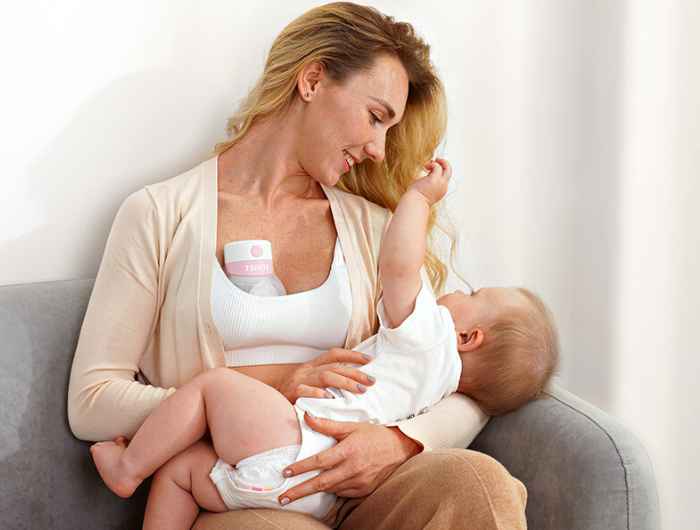It's common for new mothers to find themselves struggling with fatigue, stress, and other health-related issues after childbirth. Many of these symptoms can be caused by vitamin deficiencies. Read on to learn more about why these deficiencies occur and what vitamins are most important for postpartum mothers for improving their overall health.
What Are Postnatal Vitamins?
Postnatal vitamins are simply vitamins and minerals that are recommended for women to take during the postpartum period. This is the time following childbirth when your body is working hard to recover and heal. While your body is going through this process, it can be more difficult to absorb all the nutrients you need from food alone. Postnatal vitamins provide a much-needed boost of essential nutrients like vitamin D, thiamine (vitamin B1), folate (vitamin B9), and iron.
Why Are Postnatal Vitamins Important?
Taking postnatal vitamins has been shown to improve overall health outcomes for both mother and child. For example, vitamin D deficiency has been linked to an increased risk of postpartum depression. In addition, postnatal vitamins can help your body recover more quickly from the physical stress of childbirth and prevent common problems like postpartum hair loss, fatigue and “baby blues”.
Which Vitamins Are Deficient After Childbirth?
Poor dietary intake, inadequate rest, and increased stress can all make it difficult for a woman to get the nutrients her body needs to recover from the challenges of pregnancy and delivery. There are several different vitamins and minerals that are commonly deficient in women after childbirth. These include:
- Vitamin D: This vitamin is essential for bone health and mood regulation. Unfortunately, many new moms are deficient in vitamin D due to a lack of exposure to sunlight and a lack of fortified foods in their diet. Supplementation is often recommended for women who are breastfeeding or who don’t get outside very often.
- Thiamine (vitamin B1): This vitamin plays an important role in energy production and metabolism. It’s found naturally in whole grains, beans, nuts, and seeds. However, thiamine deficiencies are relatively common after childbirth due to excessive vomiting (a common symptom of morning sickness).
- Folate (vitamin B9): Folate is another important B vitamin that helps your body produce new cells and prevents birth defects. It’s found naturally in leafy green vegetables, legumes, nuts, and seeds. However, many new moms don’t get enough folate due to poor diets and/or nausea/vomiting during pregnancy.
- Iron: Iron is an important mineral that helps your blood carry oxygen throughout your body. It’s found naturally in meat, poultry, fish, beans, spinach, tofu, pumpkin seeds, quinoa, fortified cereals & bread. However, iron deficiency anemia is relatively common during pregnancy and the postpartum period due to blood loss during childbirth.
Sources of Postnatal Vitamins
There are two main sources of postnatal vitamins: natural sources (dietary sources like food or sunlight) and supplements.
- Natural sources: The best way to get most of your nutrients is through dietary sources like food and sunlight. However, during the postpartum period, many women find it difficult to get all the nutrients they need from diet alone. That’s where supplementation comes in.
- Supplements: The purpose of postnatal vitamin supplements can help fill nutrient gaps when diet alone isn’t enough. There are many different types and brands of supplements available, so it’s important to talk with your healthcare provider about which one is right for you.

Conclusion
Postnatal vitamins play an important role when it comes to taking care of both mommy's and baby's health after childbirth. With so many options available today it can be hard choosing one that meets all your unique requirements. To get started on the path to postpartum wellness, why not check out our article “The 11 Best Postnatal Vitamins To Maximize Your Health” for more information on which postnatal vitamin product is best for you?








